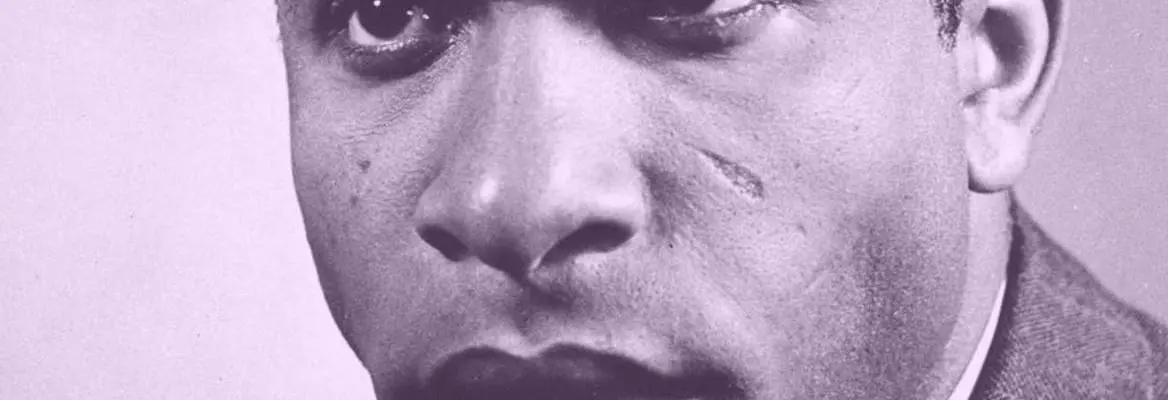North Atlantic professional philosophy has only recently been awakening to the realization that societies in the global South have rich traditions of thought. While efforts to break beyond the narrow canon of academic philosophy ought to be welcomed, a truly robust engagement with African, Asian, Latin American and other philosophical systems will demand more than the odd additional reading tacked on at the bottom of the syllabus to round off the semester. Rather, it will require, among other things, a thoroughgoing excavation of the reading schemas by which philosophers engage with non-Western texts.
A recent essay written by Katrin Flikschuh, a respected professor of modern political theory at the London School of Economics, may serve as an illustration of how North Atlantic philosophers often misread African philosophical texts. In an otherwise fine article pushing back against Western dismissals of African beliefs as devoid of rationality, Flikschuh ends up reasserting several troubling presuppositions that prevent a robust understanding of the diversity and insights in African philosophical work. After drawing a contrast between African and Western conceptions of personhood, Flikschuh then argues that “just as communal African conceptions of the person may be culturally unavailable to a ‘Westerner,’ so a Western more individualistic conceptions of the person may be culturally unavailable to many citizens of modern African societies.” The upshot, she concludes, is that such an engagement with “African philosophical conceptions of the person can teach us to acknowledge that we have no reason to expect members of modern African polities to embrace Western individualism as a condition of social and political development."
Flikschuh’s article begins with an assumption that has a long pedigree in North Atlantic thought about Africa: the treatment of African thought and ways of life as the 'Other' of North Atlantic philosophy. Driven by a notion that African societies constitute the antipodean limit, as it were, of 'Western civilization', some philosophers such as Georg Wilhelm Friedrich Hegel flatly dismissed the very possibility of the existence of philosophy in these societies. But even as increasing numbers of North Atlantic philosophers have repudiated the most vulgar iterations of Hegelian prejudice, many like Flikschuh have retained his presumption of 'African otherness'.
One major flaw with reading African philosophy as 'the Other' of Western philosophy is that it assumes that the world can be carved up in self-contained, self-generated civilizational blocs. As any moderately critical historian can attest, no such civilisation exists. Far from springing full-formed from the head of the goddess Europa, the 'West' as both idea and social structure has come to be through encounters – much of it bloody and pitiless; some of it irenic and fruitful – with those it branded 'barbarians', 'slaves', 'foreigners', and 'aliens'.
___
"One major flaw with reading African philosophy as 'the Other' of Western philosophy is that it assumes that the world can be carved up in self-contained, self-generated civilizational blocs."
___
It is not insignificant that Diogenes Laertius gives widespread expression to a commonplace view among his ancient Greek contemporaries when in his Lives and Doctrines of Illustrious Philosophers he writes that the “the study of philosophy had its beginnings among the barbarians.” In the same vein, it should not be possible to claim a knowledge of North Atlantic philosophy without acknowledging the constitutive role of Africa in its making.





















Join the conversation